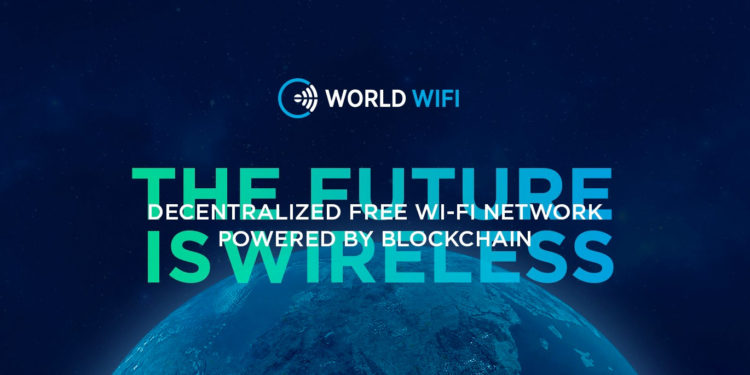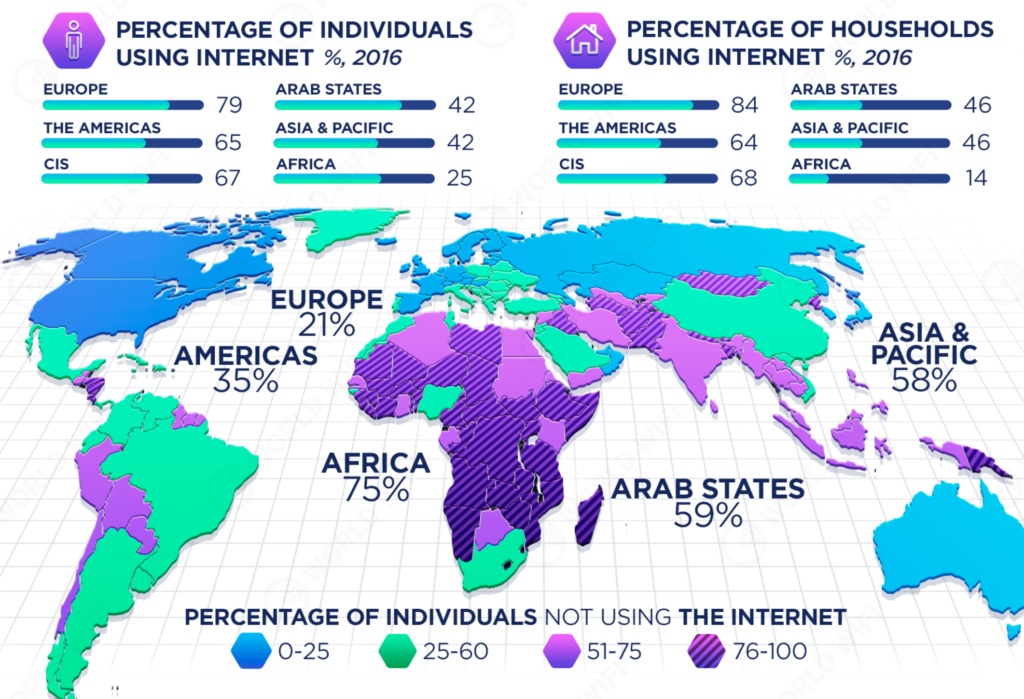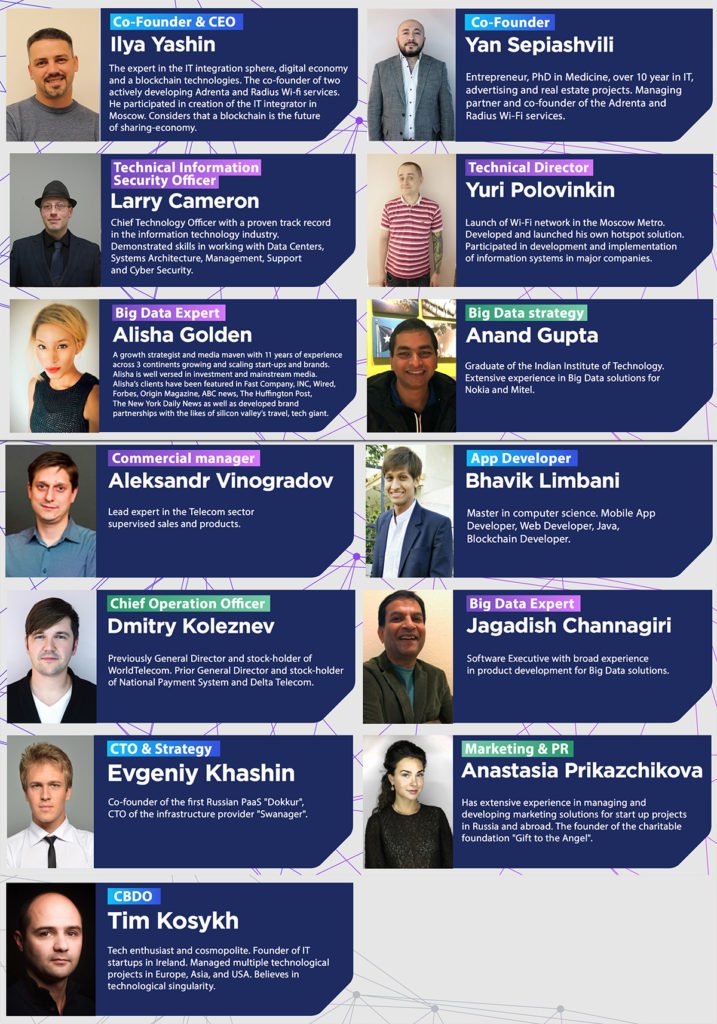WORLD WI-FI: Internet router network
- Получить ссылку
- X
- Электронная почта
- Другие приложения

The World Wi-Fi project intends to create a worldwide free Wi-Fi network. It might sound like an absolutely crazy, unrealistic idea, but, in fact, the project uses a combination of simple concepts, that make this goal viable, and practically achievable. First, it is going to be the network comprised of the already existing public Wi-Fi hotspots and home Wi-Fi routers. Anybody who has a cable Internet connection uses such routers to share this connection among various devices in their house. World Wi-Fi offers to organize the owners of such routers in a community of people, using their devices to provide free Internet to everybody in the close vicinity. Combined with the public Wi-Fi hotspots this will provide full Internet coverage in residential areas, and public spaces.
We are the hunters in the concrete jungle of the modern metropolis. Our hunt is relentless, and it never stops. No matter what we do: commute to work, chill in a cafe, or just walk down the street, we stay on the lookout for our prey. We hunt for the free Wi-Fi networks. In the ideal world, Internet coverage is total, so I never go offline or need to switch to the expensive 3G-4G option. In reality, though, I often have to rely on the presence of the free Wi-Fi networks in my vicinity. Which is usually not the case. Since I use the Internet as a key medium for my work-related communications, and I need to stay online all the time, no matter whether I’m at home, or en route somewhere, I have no other option than to use 3G. And this puts an additional dent in my budget. So I keep dreaming about the world where the Internet is omnipresent and free.
So why would anybody share their Internet connection for free? As an answer to this question World Wi-Fi offers an interesting business model that includes Wi-Fi router owners, advertisers, and Internet users. Advertisers are ready to pay for the placement of their ads on the login pages of Wi-Fi networks. That money, in turn, is going to be the source of profit for the people, participating in the project as Wi-Fi providers. Users will have to watch ads before connecting to those impromptu hotspots, but then they can use the Internet for free. The beauty of the system is that such hotspots are going to be present literally everywhere. This is the same approach that was the key to success of Airbnb and Uber. Instead of building its own infrastructure World Wi-Fi offers a system of incentives that would allow to organize people, who would provide their own equipment to organize such infrastructure.

There is another aspect of this approach interesting for marketing specialists and advertisers. This system of ad placement on Wi-Fi login pages gives an opportunity to fine-tune marketing campaigns in order to target specific audience. Advertisers can take into consideration the location and type of the place. For example, if the Wi-Fi hotspot is located within a yoga center, it can be used to place targeted advertisements related to the psychological profile of the potential visitor of such center. For example, it can be a promo clip of a vegetarian cafe, located nearby.

The World Wi-Fi is based on Ethereum blockchain and uses WeToken as a primary means of exchange on the platform. WeToken is exchangeable for fiat and other cryptocurrencies. Also, it can be used to pay for ad placement. The platform uses Smart Contracts and escrow to organize reliable monetary settlements between advertisers and Internet access providers.
Starting from March 18, World Wi-Fi will conduct a public token sale. The total supply of WeToken tokens is 600,000,000. 10% of tokens will be distributed during pre-sale and 33% during ICO. The remaining tokens will go to the project team, advisors, and the fund for future project development.
The founders of the World Wi-Fi project Yan Sepiashvili and Ilya Yashin already have under their belt two other successful projects: Radius Wi-Fi and Adrenta. The Radius Wi-Fi project provides the software for user identification on the public Wi-Fi networks. (In Russia the owners of public Wi-Fi hotspots are required by law to conduct such identification.) Adrenta is an automated service, created to support marketing campaigns on Wi-Fi networks. Those projects are also going to be integrated into the World Wi-Fi infrastructure. The launch of the full-scale version of the platform is scheduled on April-June, 2018.
Team

For more information and close to this project, you can visit the following:
Situs web: https://en.worldwifi.io/
Whitepaper: https://en.worldwifi.io/files/whitepaper/en.pdf
Facebook: https://www.facebook.com/worldwifi.io/
Twitter: https://twitter.com/WorldWifi_ICO
- Получить ссылку
- X
- Электронная почта
- Другие приложения
Комментарии
Отправить комментарий